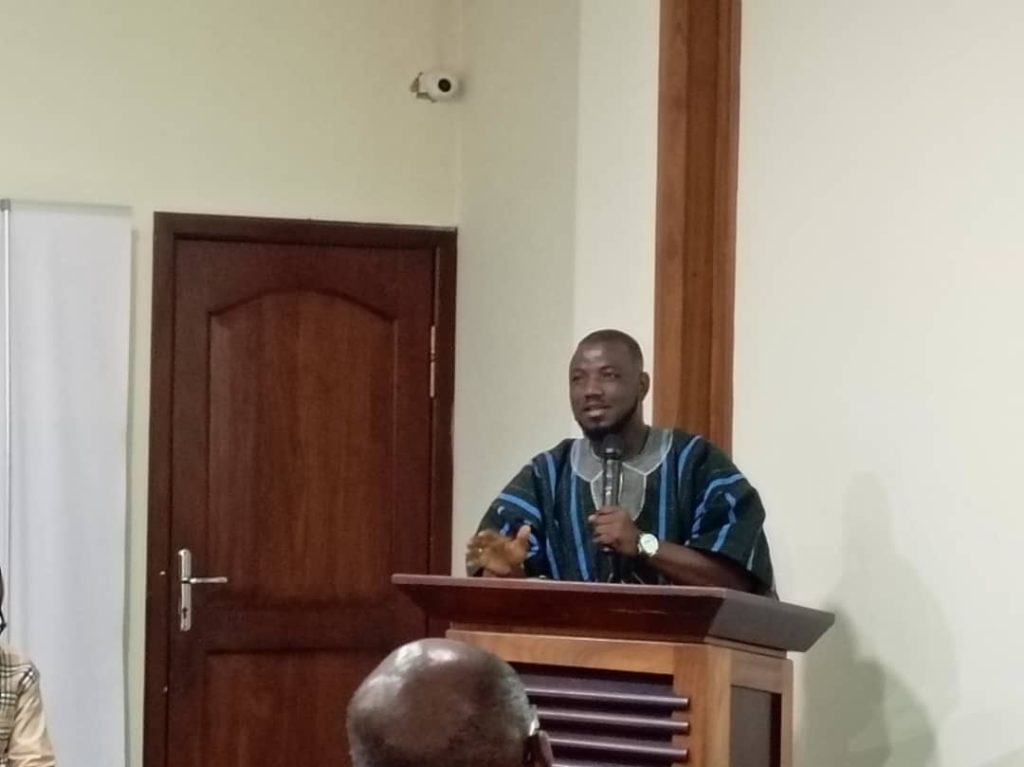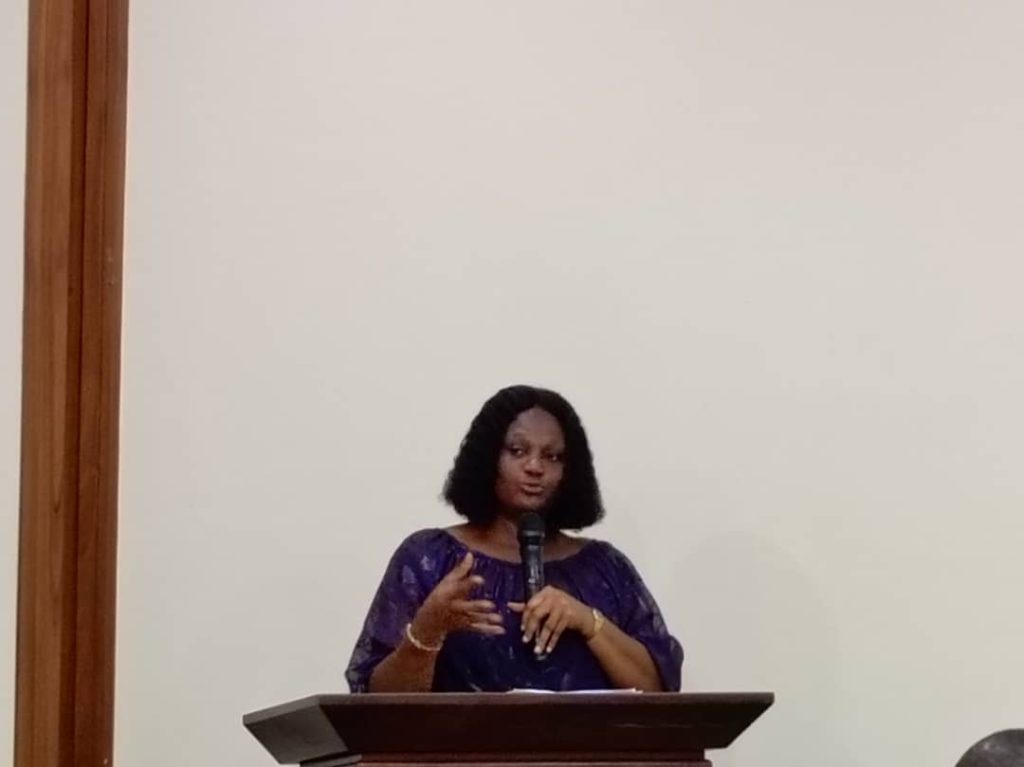By Christopher Arko
Accra, Dec. 9, GNA – Stakeholders mandated to safeguard Ghana’s fledgling democracy have been urged to be vigilant of groups and individuals who seek to interfere with the election processes to influence the outcomes.
Professor Seidu Alidu, the Head of Political Science Department, University of Ghana, said people with vested interests may meddle in the country’s elections taking advantage of all kinds of vulnerabilities in the system to achieve their aim.
He explained that election interference was a purposeful action undertaken by state or non-state actors with the intention to influence the results.
“Thus citizens and all institutions responsible for protecting the sanctity of Ghana’s elections must be vigilant to detect any such moves as early as possible to nip them in the bud and protect our democracy,” he said.

Prof Alidu was speaking at a training workshop on “Managing the Risk of Election Interference in Ghana’s Election 2024” in Accra on Thursday.
The workshop, organised by the Institute for Democratic Governance (IDEG), was attended by the media, representatives of the security agencies, the Electoral Commission, National Commission for Civic Education, and political parties, among others.
It aims to sensitise participants on the strategies, nature and type of influence and manipulation in order to design preventive measures to counter them.
“Election meddling subverts the true will of the people and creates unfair electoral outcomes, which could lead to instability and further weaken the legitimacy of the democratic process,” Prof Alidu said.
The exposure of citizens and stakeholders to the electoral processes would empower them to be alert of possible interferences, which may manifest in different forms, and enhance their capabilities to help prevent same.
“If people are planning that kind of intervention, they should backoff because citizens are aware and they will be the vigilantes of our democracy,” he said.
Dr Joyce Manyo, Research Fellow, IDEG, making a presentation on: “Mechanism for Election Interference” noted that those who may interfere in the elections may employ misinformation to distort the media environment.

Some of the major methods of content manipulation include propagandistic news, fake news, paid commentators, bots (automatic accounts) and takeover of social media accounts.
She urged the relevant institutions, including the media, security agencies and individuals to be the watchdogs because if each one played his or her role as expected, no external body could take advantage of the process.
Participants called on the media to fact-check information before publication and avoid calling out results ahead of the Electoral Commission (EC), which is the sole institution clothed with that responsibility.
The security agencies must also play their role professionally to mitigate any violence, while the EC should ensure all logistics were in place and functioning in order not to disenfranchise any voter and ensure an effective election process.
GNA